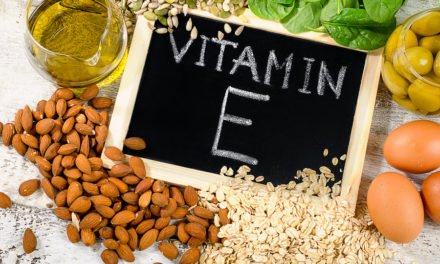 A study that appeared in Clinical Research in Cardiology (March 10, 2010, epublished), looked at the effect epigallocatechin-3-gallate (also called EGCG, which is an antioxidant extract [polyphenol] from green tea) had on patients with amyloidosis involving the heart. Amyloidosis is a disease that occurs when proteins accumulate abnormally in the organs. Amyloid protein is an abnormal protein that is produced by cells in the bone marrow. Amyloidosis affects different organs in different people and can affect the heart, liver, spleen, kidneys or nervous system. The disease begins in the bone marrow. One of the roles of bone marrow is to make antibodies, which are proteins that help protect against infection. In amyloidosis, the body has trouble breaking down those proteins. The proteins accumulate and are deposited in various organs.
A study that appeared in Clinical Research in Cardiology (March 10, 2010, epublished), looked at the effect epigallocatechin-3-gallate (also called EGCG, which is an antioxidant extract [polyphenol] from green tea) had on patients with amyloidosis involving the heart. Amyloidosis is a disease that occurs when proteins accumulate abnormally in the organs. Amyloid protein is an abnormal protein that is produced by cells in the bone marrow. Amyloidosis affects different organs in different people and can affect the heart, liver, spleen, kidneys or nervous system. The disease begins in the bone marrow. One of the roles of bone marrow is to make antibodies, which are proteins that help protect against infection. In amyloidosis, the body has trouble breaking down those proteins. The proteins accumulate and are deposited in various organs.
The subjects of the study were 59 patients who had amyloidosis, with cardiac involvement. The subjects were placed in one of two groups. One group consumed green tea, the other, acting as a control, did not. The group that consumed the green tea had a decrease in the thickening of the heart wall and a decrease in the size of the left ventrical. They also had improvement in cardiac efficiency (increase in the left ventricular ejection fraction). The control group enjoyed none of these improvements.






